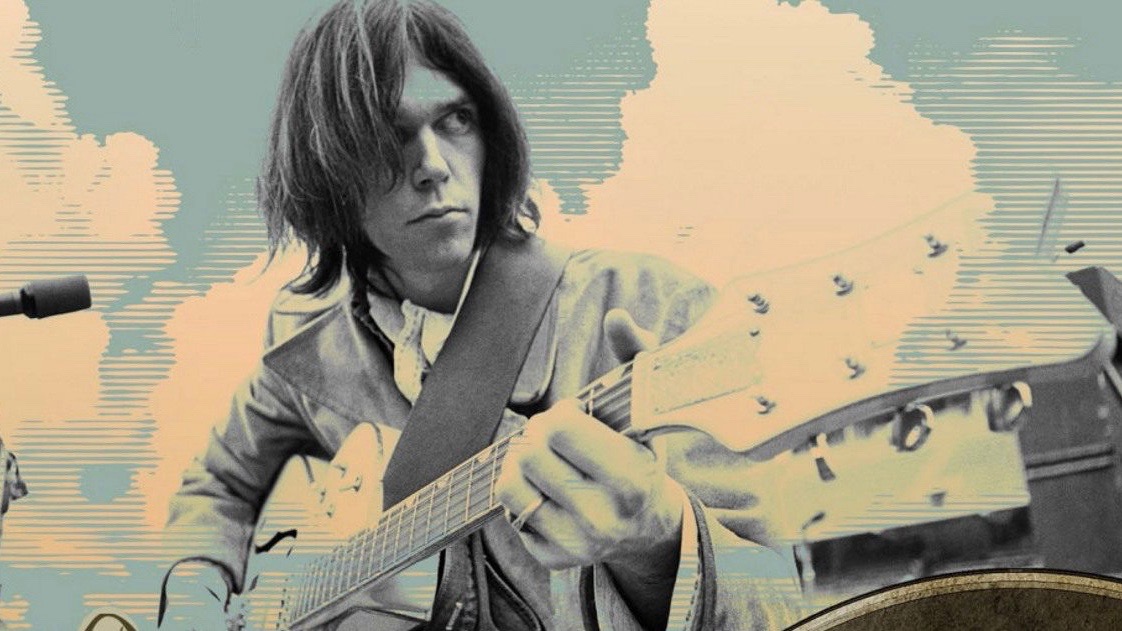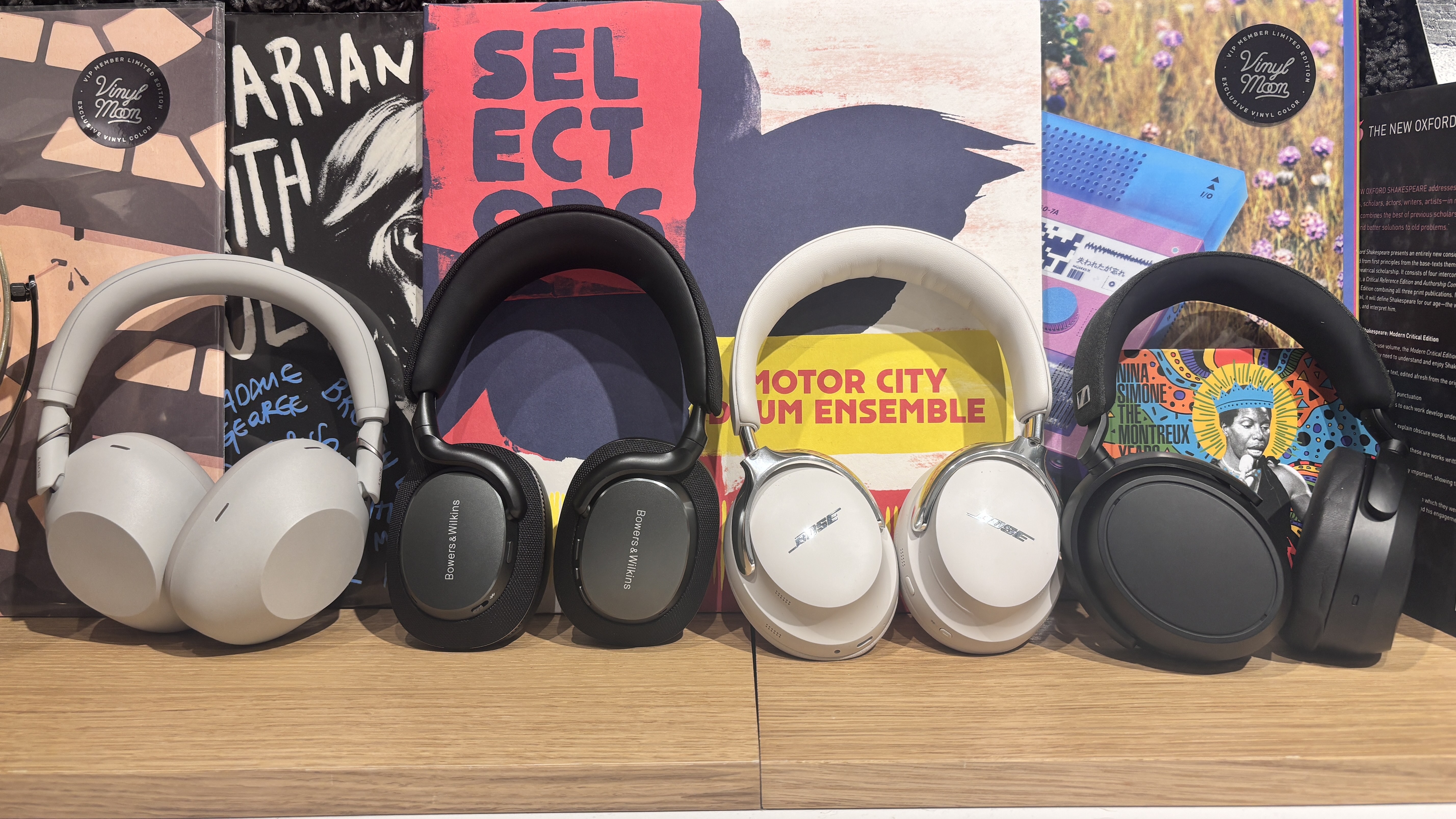The Neil Young controversy proves no artist is bigger than Spotify – and that's not a good thing
No one can resist the allure of Spotify’s size and that gives it little incentive to improve

The latest hi-fi, home cinema and tech news, reviews, buying advice and deals, direct to your inbox.
You are now subscribed
Your newsletter sign-up was successful
This week Neil Young announced he will be returning to Spotify, ending his ongoing feud with the platform.
Given our focus on audio equipment, I don’t want to spend too much time discussing the politics behind the protest. The short version is that Young left Spotify roughly two years ago to protest the Joe Rogan Podcast, which was widely accused of spreading misinformation about COVID-19.
Young has claimed his return to the platform is due to Rogan’s podcast no longer being exclusive to Spotify, with Amazon, YouTube and Apple now also hosting it, in a statement on his blog.
Whether you agree with his reasoning or not, for me, Young still made one very good, and accurate, dig when he announced his return. Specifically, when he talked about audio quality.
“The #1 streamer of low res music in the world – Spotify where you get less quality than we made… I hope all you millions of Spotify users enjoy my songs! They will now all be there for you except for the full sound we created,” read Young’s blog post.
Young isn’t alone in his attack on Spotify’s streaming quality. Myself and the team have bemoaned the platform’s lack of a CD-quality or hi-res option to rival Tidal and Qobuz for many years. I found myself nodding when Young flagged them as better ways to listen to his music when he announced his return to Spotify as a result.
But while I agree, Young’s return also showcases how little incentive the platform has to launch Spotify HiFi.
The latest hi-fi, home cinema and tech news, reviews, buying advice and deals, direct to your inbox.
Despite Tidal, Apple Music, Amazon Music Unlimited, Qobuz and more having offered higher quality streaming options for many years, nearly every market share analysis pegs Spotify as the dominant force. Statista’s latest estimate lists it as owning a sizable 30.6 per cent share. That’s more than double its closest rival, Apple Music, which is estimated to control 13.7 per cent of the market.
To me that shows two things. First, most regular people still don’t care about streaming quality when listening to music, which as a person who reviews TV and audio equipment is disappointing – when done right, higher-quality and high-resolution streaming quality really does make a difference.
Second, Spotify’s control is so ironclad that artists, as well as users, no longer have the choice to simply not play ball and support it. With that in mind, why would Spotify bother investing in improving its streaming quality?
Our Spotify review even says as much:
“Yes, Tidal, Apple Music and Amazon Music Unlimited are growing in popularity with audio enthusiasts due to their extensive libraries and higher audio quality [...] Still, Spotify remains the mass market choice for those interested in discovering new and old music with a comprehensive library and, crucially, an accessible free tier.”
And while many may not mind, and are content that one of rock’s greatest talents is back on the world’s biggest streaming platform, for me, it’s yet another sad reminder most people’s music listening experience is fundamentally compromised.
MORE:
These are the best music streaming services we've tested
Check out our picks of the best music streamers
We detail the best wireless headphones we've reviewed

Alastair is What Hi-Fi?’s editor in chief. He has well over a decade’s experience as a journalist working in both B2C and B2B press. During this time he’s covered everything from the launch of the first Amazon Echo to government cyber security policy. Prior to joining What Hi-Fi? he served as Trusted Reviews’ editor-in-chief. Outside of tech, he has a Masters from King’s College London in Ethics and the Philosophy of Religion, is an enthusiastic, but untalented, guitar player and runs a webcomic in his spare time.
